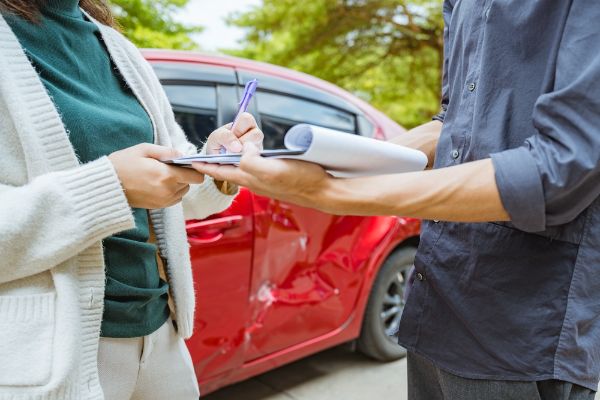After a collision, navigating insurance claims can feel overwhelming. Many vehicle owners are unsure where to start or how to ensure their repairs are fully covered. Collision shops provide valuable help with insurance claims, guiding drivers through the process and making sure their vehicle is repaired correctly and efficiently.
Understanding the Insurance Process
Insurance claims involve multiple steps, including reporting the accident, documenting damage, scheduling an adjuster inspection, and approving repairs. Collision shops can help by explaining each step, coordinating with your provider, and ensuring that all damage is accurately assessed. This support helps prevent delays and ensures your vehicle gets the repairs it needs.
Why Professional Assistance Matters
Insurance policies can be complicated, and adjusters may not catch every detail of collision damage. Collision shop professionals know what to look for and can provide detailed documentation, photos, and estimates that reflect all necessary repairs. This guidance ensures the claim is processed accurately and increases the likelihood that your vehicle is fully restored.
Common Ways Shops Assist With Claims
Collision shops help in several key ways:
- Damage Documentation: Technicians take photos and notes of all visible and hidden damage to provide thorough records for your insurance claim.
- Accurate Estimates: Shops prepare repair estimates that account for labor, parts, and specialty services, so nothing is overlooked.
- Communication With Adjusters: Staff coordinate directly with your insurance company to answer questions and clarify repair needs.
- Repair Guidance: Collision professionals advise on repair options and explain how they align with your coverage.
Avoiding Pitfalls During Claims
Without guidance, vehicle owners may miss necessary repairs, accept insufficient settlements, or experience delays. Collision shop support helps avoid these common pitfalls by ensuring claims are complete, accurate, and aligned with your vehicle’s condition.
The Benefits for Vehicle Owners
Using a collision shop for help with insurance claims simplifies the process and reduces stress. You get professional oversight, thorough documentation, and peace of mind knowing that your repairs are handled correctly and your claim is managed efficiently.
If you need help with insurance claims after a collision, bring your vehicle to Strong’s Auto Care, LLC. Our team will guide you through the process and make sure your vehicle gets the full repair it deserves. Visit Strong’s Auto Care, LLC or stop by our shop in South Windsor today.

